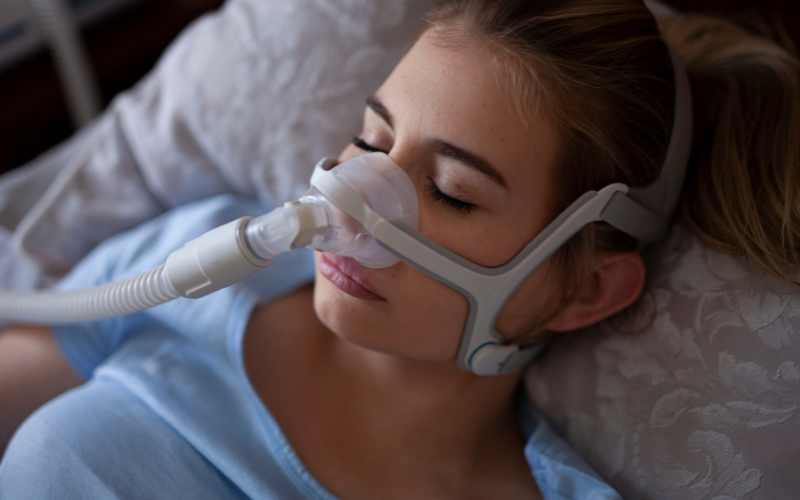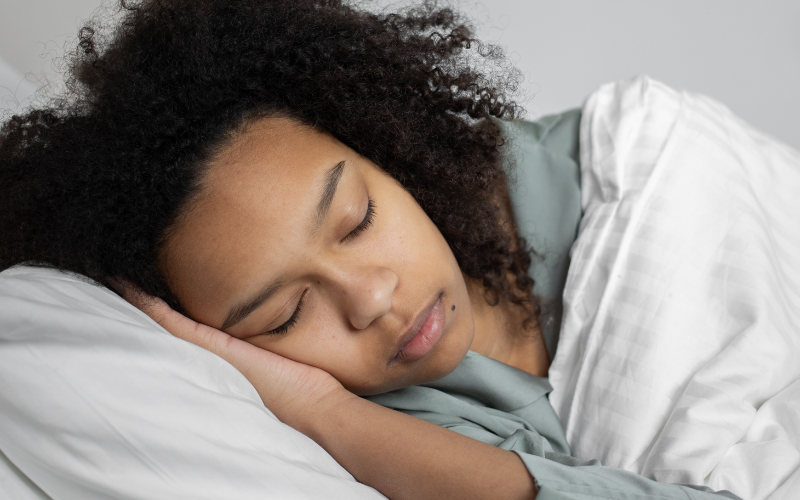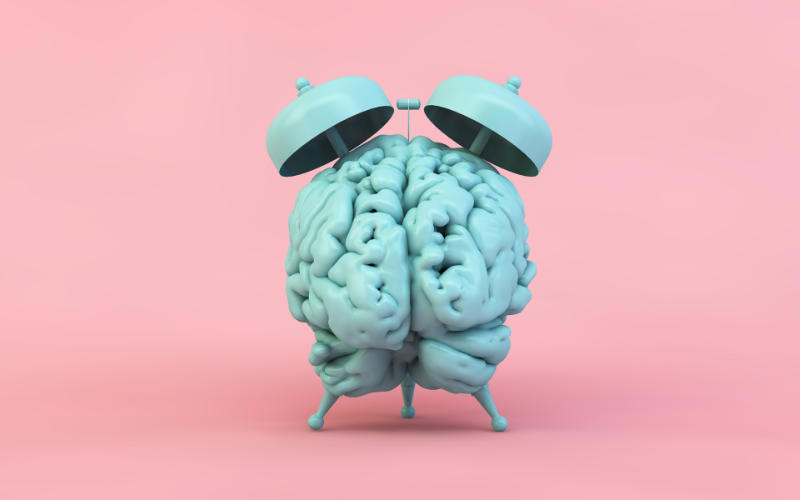Why sleep soothes distress: Neurobiology explained
Original Post | Caroline Pierce, Medical Express
A study published in Nature Reviews Neuroscience by an international team including the Woolcock’s Dr. Rick Wassing examined research into sleep disorders over more than two decades to prove a good night’s sleep is the perfect remedy for emotional distress.
Nothing we haven’t known forever, some would argue, but Dr. Wassing who has spent the past two years on the project says there’s much more to it than that.
“What we have done with this study is explain why. We looked at studies in neurobiology, neurochemistry and clinical psychology to get a real understanding of the mechanisms underlying how sleep helps us to deal with our emotional memories.”
What the team of researchers believe after aggregating more than 20 years’ of scientific knowledge is that the way certain neurochemicals (for example, serotonin and noradrenaline) are regulated during sleep is crucial for the processing of emotional memories and our long-term mental health.
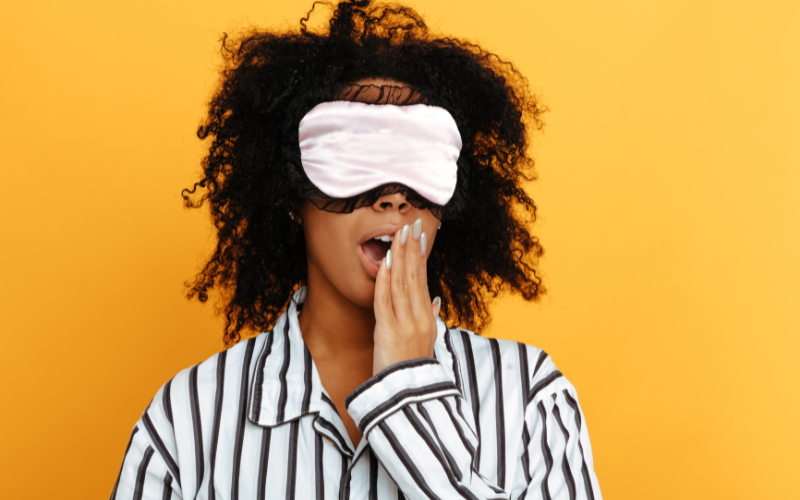
Chemistry and circuitry
Serotonin is involved in many, if not almost all, aspects of learning emotional experiences. It helps us assess and understand the world around us. Noradrenaline is all about “fight or flight”—it allows us to assess and respond to danger. Both are turned off during rapid eye movement (REM) sleep and that creates this “really beautiful opportunity for the brain to engage in processes that are otherwise not doable when we are awake,” explains Dr. Wassing.
There are two main ways we process emotional memory during sleep, he says, and they involve the brain’s hippocampus and amygdala.
Our brains store what we learn each day. This learning is governed by the hippocampus aggregating and cataloging this new information into the “novelty” memory store as we process it. At the same time, if that new experience is emotional, the amygdala is very active and coupled with the autonomic nervous system—think racing heart, knots in your stomach, skin crawling.
During REM sleep, our brains reactivate these new memories. It is as if the brain replays a summary of what had happened when we experienced the memory. But during REM sleep, when the noradrenergic and serotonergic systems are turned off, these memories can be moved into the “familiar” storage without experiencing the physical “fight or flight” response. That can’t happen while we’re awake or—as is the case for people with sleep disorders—when we don’t get consistent blocks of REM sleep.
Shining a light on the brain
Much of what we now know about the way information is processed by the brain comes from the relatively new field of optogenetics which is used to activate or inhibit very specific cell types in a neuronal network. This has allowed researchers to see what cell types and brain regions are involved in encoding emotional memories.
According to Dr. Wassing, it has meant real breakthroughs in terms of our understanding of brain circuitry and neurobiology.
It’s all well and good, he says, to look at neurons and receptors and circuits, but the researchers also assessed clinical psychology studies and found that their findings, especially relating to disconnecting amygdala reactivity and shutting down the autonomic nervous system, were corroborated.
“All three levels of neuroscience align to produce the same conclusion, that the way the brain functions during REM sleep is important for processing emotional memories.”
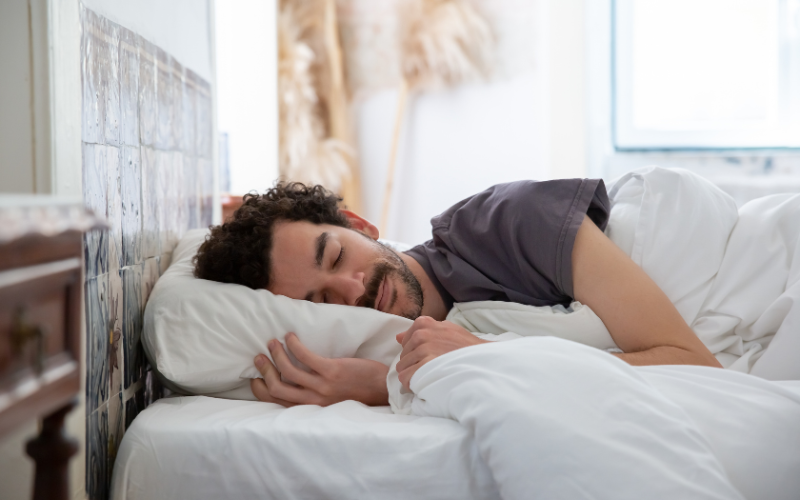
Making ‘good sleepers’
So, where to now? “We know that with insomnia or other sleep disorders where people wake up from sleep a lot, we see an increased risk of developing mental health problems. Our hypothesis would be that that these awakenings from sleep lead to the fact that the noradrenergic system is not shut down for long periods of time (in fact, they might actually show enhanced activity) and that’s why these people might not be able to regulate emotional memories.”
“The solution is to try to get a good night’s sleep, yes, but the problem is how then do we do that? We know that two out of three people with insomnia benefit from cognitive behavioral therapy for insomnia (CBTI) but that is mostly based on subjective ratings. There’s less evidence on objective sleep measures. The insomnia patient after CBTI is not necessarily a good sleeping individual, they still have some sleep disturbances but CBTI is enabling them to better deal with them.”
“We need to critically think more about the mechanisms that regulate sleep. It’s very hard to target one system because sleep is very dynamic—the noradrenergic system shuts down during REM sleep, but it actually needs to be active during non-REM sleep so you can’t just turn it off for the entire sleep cycle.”
“We need really creative ideas about how to design an intervention or a drug that can target these dynamics that happen during sleep and enable those systems to renormalize. We need to be targeting objective sleep and making people with insomnia good sleepers again.”


